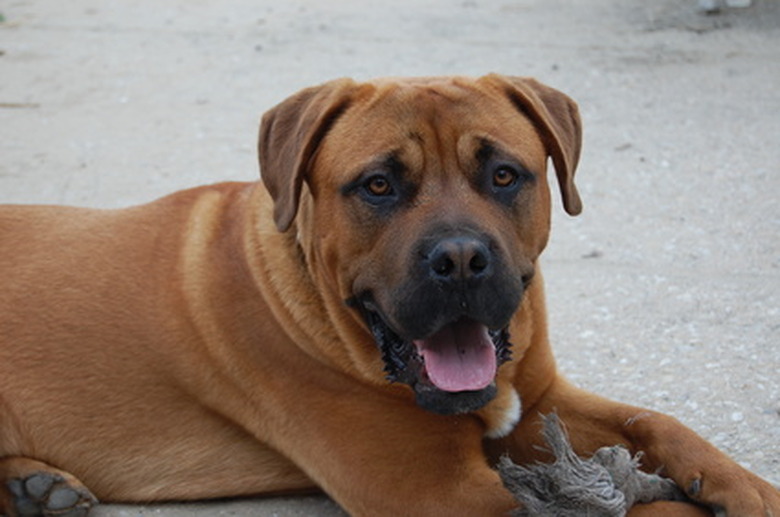Vinegar Cures For Mange
Mange is an infestation of tiny mites that burrow into your dog's skin and feast on its blood. Mange can cause serious allergic reactions, and in rare cases, death. Symptoms of mange include weight loss, excessive scratching, dehydration and brown marks that appear on the dog's head and neck. The ears may become crusty with discharge.The loss of fur may be so severe you'll be able to see the pink of your dog's skin and patches of baldness. Apple cider vinegar is often an effective natural folk remedy for healing mange due to its antiseptic and antibacterial properties.
Apple Cider Vinegar Sponge Bath
Apple Cider Vinegar Sponge Bath
Bathe your dog with a medicated shampoo and towel dry. Mix 1/2 cup of apple cider vinegar, 1/2 cup of Borax and 1/2 cup of warm water in a large bowl or bucket. Dip a clean sponge into the mixture and gently rub it all over your dog, making sure the solution comes into contact with all of his skin, including his head and behind the ears. Avoid getting the mixture into the dog's eyes. Allow his fur to air dry. The sponge bath will help get rid of the mites and bring back your dog's healthy coat.
Apple Cider Vinegar Spray Treatment
Apple Cider Vinegar Spray Treatment
Mix 1 cup of apple cider vinegar with 1 cup of water. Add it to a spray bottle. Part your dog's fur with a comb and spray the solution all over your dog, making sure the solution saturates its skin. Allow his fur to air dry. Spray the solution on your dog two or three times each week, depending on the severity of his mange. Avoid your dog's eyes while spraying.
Apple Cider Vinegar in Food
Apple Cider Vinegar in Food
Add apple cider vinegar to your dog's meals or water bowl to help get rid of mange. Start with a few drops of apple cider vinegar and gradually increase the amount based on your dog's weight. Use 1 teaspoon of apple cider vinegar for dogs up to 14 pounds; 2 teaspoons for medium-sized dogs between 15 to 34 pounds; 1 tablespoon for large dogs between 35 to 85 pounds. Do not feed apple cider vinegar to your dog if he is allergic to yeast, prone to yeast infections or has irritated intestines.
Always check with your veterinarian before changing your pet's diet, medication, or physical activity routines. This information is not a substitute for a vet's opinion.
